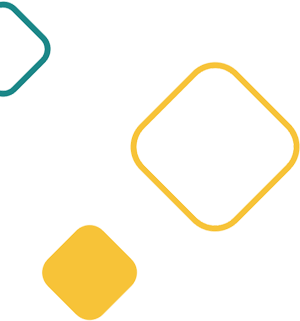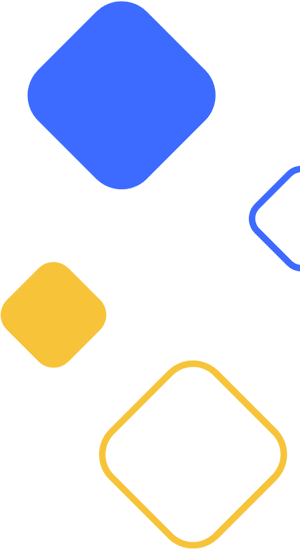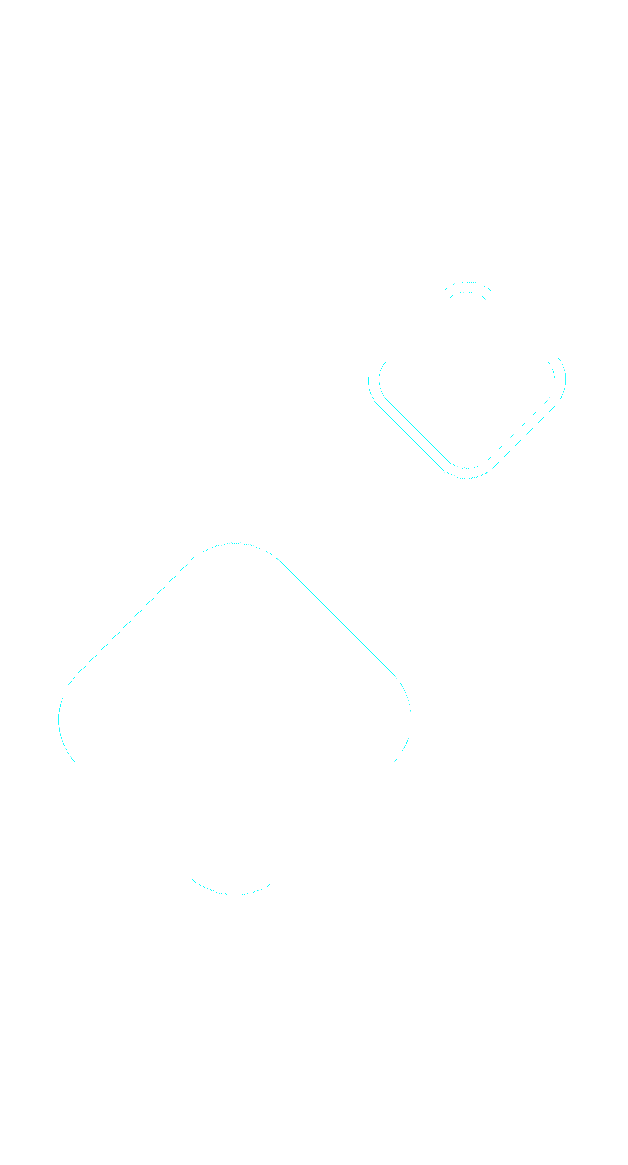
About us
ASSETS is a collaborative Horizon Europe project driving innovation in the Social Economy (SE) sector.
Over the next three years, we aim to transform how Social Economy Organizations (SEOs) operate by leveraging cutting-edge technology, improving evaluation tools, and fostering collaboration to support social inclusion, quality jobs, and sustainability.
Despite making up over 10% of EU enterprises and supporting 13.6 million jobs, SEOs face legal, financial, and scalability challenges. Measuring their social impact remains difficult, while SE employees often experience low wages and precarious working conditions. Existing evaluation tools prioritize accountability over local needs, limiting their effectiveness.
To tackle these issues, ASSETS employs a 4-step strategy: conducting cross-regional research and case studies, developing better evaluation methods, and creating a digital platform to enhance collaboration and working conditions in SE.


Project Goals
The ASSETS project is built around four core objectives
To tackle these issues, ASSETS employs a 4-step strategy: conducting cross-regional research and case studies, developing better evaluation methods, and creating a digital platform to enhance collaboration and working conditions in SE.
1.
Understanding the Challenges:
Through cross-regional research and case studies, we explore the policy, legal, and operational barriers that SEOs face. This helps us identify opportunities for improving social inclusion and job quality in diverse contexts.
2.
Enhancing Tools for Evaluation:
We are creating advanced evaluation tools that integrate local perspectives and technology. These tools will allow SEOs to measure their social impact effectively, with a focus on community needs and employee well-being.
3.
Piloting Case Studies:
ASSETS is piloting innovative solutions in six Living Labs, addressing challenges such as housing, rural marginalization, community care, and environmental sustainability.
4.
Building a Digital Platform:
Our cooperative digital platform will connect stakeholders, providing tools for collaboration, policy debate, and skill-building, ensuring long-term sustainability and inclusion.


Work Packages
The ASSETS Project is structured into 6 interrelated Work Packages (WPs), each playing a crucial role in achieving the project’s objectives. Each WP is designed to address specific challenges within SE, ensuring that technological innovations align with real-world needs.
WP1
Project and Technical Management
Lead: Aristotle University of Thessaloniki
This work package ensures the smooth execution of the project by overseeing administrative, technical, financial, and scientific coordination. It establishes risk management strategies, ensures compliance with EU regulations, and maintains quality control. Additionally, it serves as the main interface with the European Commission and external stakeholders to facilitate collaboration and decision-making.
WP2
State-of-the-Art Analysis and Co-Creation Process Design
Lead: Free University of Bozen-Bolzano
This WP focuses on analyzing the role of social enterprises (SE) in promoting social inclusion and quality employment across different EU regions. It involves extensive literature reviews, cross-regional research, and co-creation processes to engage stakeholders in the development of evaluation tools. The insights gathered will inform the project’s policy recommendations and strategy for supporting SEs.
WP3
ASSETS Evaluation Tools
Lead: University of Cologne
The goal of this WP is to design, test, and validate innovative tools to measure the social and economic impact of SE organizations. Living Labs (LLs) will be set up across various regions to integrate these evaluation methods into real-world settings. By piloting and refining these tools, the project aims to generate data-driven policy recommendations tailored to local needs.
WP4
Case Studies in Exemplary SE Organizations
Lead: National Distance Education University
This WP conducts six case studies on social enterprises tackling issues such as housing, work integration, rural marginalization, and education for sustainability. These studies will provide in-depth insights into the operational challenges and best practices of SEs across different socio-economic contexts. The findings will help develop awareness campaigns, lessons learned, and policy recommendations for strengthening SEs.
WP5
ASSETS Digital Cooperative Platform
Lead: AINIGMA
This WP is responsible for developing a digital platform that will foster collaboration and support among SE stakeholders. Key components include a mobile application, an AI-powered chatbot for skills development, and a community portal for peer-to-peer learning. The platform will serve as a central hub for knowledge exchange, stakeholder engagement, and policy discussions.
WP6
Impact Creation
Lead: European Movement International
This WP focuses on maximizing the project’s impact through communication, dissemination, and stakeholder engagement strategies. It develops policy recommendations for supporting the SE sector, organizes outreach activities, and fosters collaboration with EU networks.



